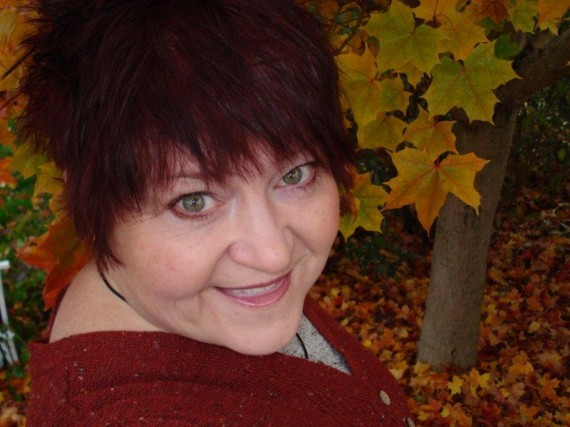by Karen Ball
Remember the musical Oklahoma? Gordon MacRae singing to, of all people, Rod Steiger: “Poor Jud is daid, poor Jud Fry is daid…”
Well, the way folks have been talking lately, I’m waiting for the new musical, “Digital World,” where a Gordon MacRae-esque editor will stand next to a book and sing out, “Poor print is daid, poor print books is daid, they’re lookin’ oh, so tattered and passé…”
Seriously, I keep hearing the rumblings:
Digital is taking over.
No one is buying print books.
Brick-and-mortar bookstores are closing every day.
The future of publishing is uncertain.
What does this mean for authors?
How will this change our contracts?
And on and on it goes. When the person sitting next to me on a flight several months found out I was in publishing, she asked me about this very thing. We had an interesting conversation about it all. Of course, I heard some of these same doom-and-gloom thoughts from her.
I just smiled, and pointed to her lap. “What are you reading there?”
She held up her book–not her Kindle, mind you, her book--and we talked about the author. Halfway into a sentence, she stopped, looked at the book, then at me.
And then she smiled.
“Now, look around us,” I said. “How many Kindles do you see?”
She hopped up and, on pretext of heading to the oh-so-spacious bathroom on the plane, took an informal poll. Upon her return, her smile was even broader. “Two. On this whole plane, only two.”
“How many books did you see?”
Smile shifts to grin. “Too many to count.”
“So is print dead?”
She settled back in her seat, hands caressing the cover of the book in her lap. “I don’t even think it’s sick!”
Our own Steve Laube brings a voice of much-needed reason to the whole discussion in an earlier blog post. Be sure you read the comments, too. Good stuff.
Yes, publishing is changing. Yes, e-books are on the rise. But no, print’s not dead. In fact, as my friend on the plane finally concluded, it’s not even sick. It’s just…changing. What gets published, and how it’s published are morphing even as I type. But we authors and editors and agents and most especially publishers need not fear those changes. Instead, let’s work to understand them, what’s behind them, and how we use them well to benefit all.




